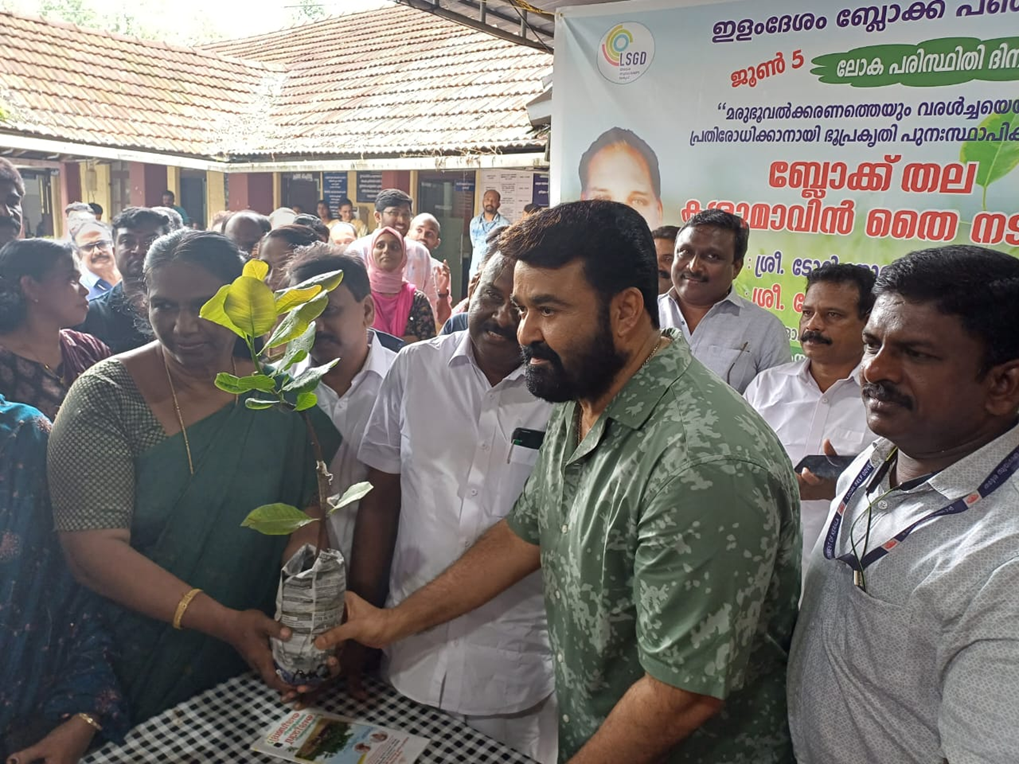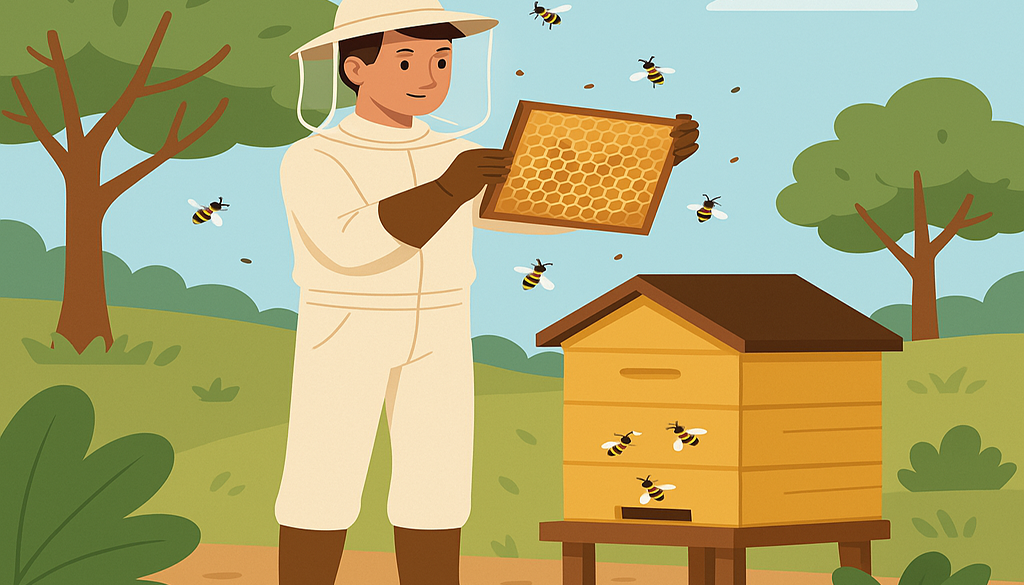
Services

Supply of Cashew Grafts Free of Cost
One of the core services offered by KSACC is the distribution of high-quality cashew grafts free of cost to eligible farmers and the general public. This initiative is carried out under various planting schemes such as Normal Density, High Density, and Ultra High Density models, as well as community outreach programs like Muttathoru Kasumavu. The grafts are developed in certified nurseries using scientifically recommended varieties to ensure better adaptability, growth rate, and yield.
The objective is to support farmers with reliable planting materials and reduce the cost burden associated with starting or expanding cashew cultivation. The free supply of grafts ensures equitable access and encourages participation from small and marginal farmers, as well as community institutions and schools involved in greening initiatives.

Technology Dissemination for Cashew Cultivation
KSACC plays a pivotal role in bridging the gap between research and farming practice by actively engaging in technology dissemination for the cultivation and management of cashew crops. This includes educating farmers on best practices related to land preparation, planting techniques, pruning, pest and disease control, soil health management, and irrigation.
Through on-field demonstrations, expert talks, printed manuals, videos, and farmer training sessions, KSACC ensures that updated and scientifically validated techniques are made available to farmers in a practical, easy-to- understand manner. The ultimate goal is to promote sustainable and productive cashew farming by equipping farmers with the right tools and knowledge.

Awareness Campaigns & Training Programs
KSACC conducts periodical awareness campaigns across all panchayaths in cashew-growing regions to create widespread awareness about the importance of cashew cultivation, schemes and subsidies available, modern techniques, and market opportunities. These campaigns are designed to engage with local communities and foster a collective sense of ownership and participation in the sector.
Through awareness drives, exhibitions, plantation days, public meetings, and media outreach, KSACC ensures that farmers—even in the most remote areas—are well-informed about the services available to them. These campaigns also play a vital role in building confidence among new farmers and encouraging youth participation in agriculture.

Technology Transmission on Honey Bee Rearing
With the introduction of pollination-based productivity enhancement, KSACC provides training and support in honey bee rearing (apiculture) as a complementary agricultural practice to cashew cultivation. Farmers are educated on how bees contribute to better pollination, resulting in improved cashew yield and nut quality.
Through this service, KSACC facilitates the transmission of bee-keeping technology, including hive management, colony maintenance, disease control, and honey harvesting techniques. This not only improves the productivity of cashew plantations but also offers additional income to farmers through the sale of honey and related products. Bee rearing is promoted as an eco-friendly, low-investment livelihood activity that fits seamlessly into cashew-based agro- ecosystems.

GIS Technology Transmission for Farmers and Field Staff
As part of its efforts to modernize agricultural practices, KSACC is introducing Geographic Information System (GIS) technology to assist in field monitoring, plantation mapping, and data-based planning. To ensure effective implementation, the agency provides training and awareness sessions to both farmers and field-level staff.
This service involves practical demonstrations and hands-on training on using GIS tools for tracking plantation status, monitoring crop health, assessing survival rates, and understanding spatial data. Field staff are trained to collect and interpret geo-tagged data, while farmers are educated on how GIS applications can bring transparency, accountability, and precision to their cultivation practices. The focus is on building digital literacy and adoption of smart farming techniques.

